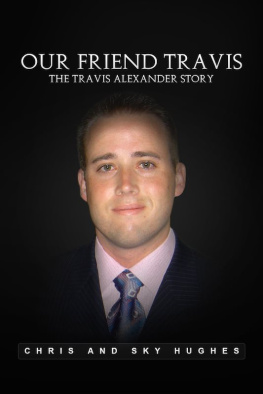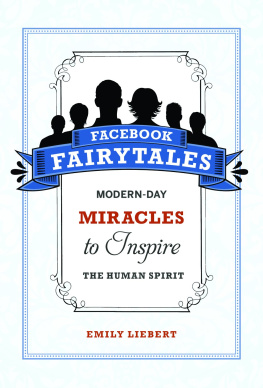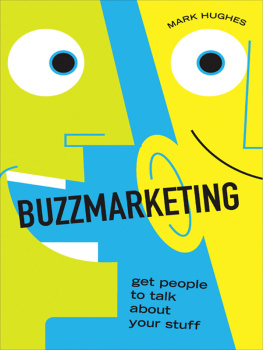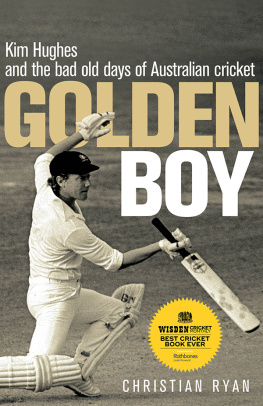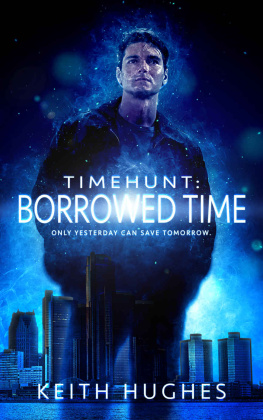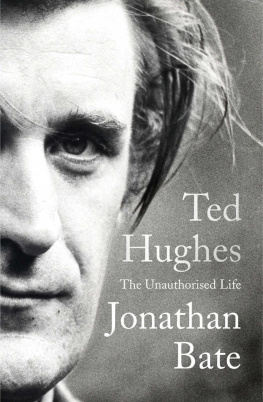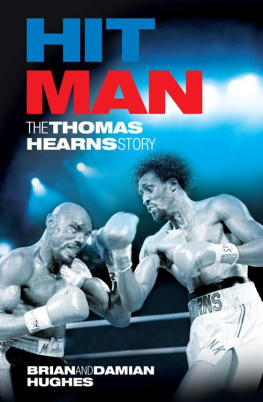Fair Shot
Rethinking Inequality and How We Earn
Chris Hughes

St. Martins Press
New York
Thank you for buying this St. Martins Press ebook.
To receive special offers, bonus content, and info on new releases and other great reads, sign up for our newsletters.

Or visit us online at us.macmillan.com/newslettersignup
For email updates on the author, click here.
The author and publisher have provided this e-book to you for your personal use only. You may not make this e-book publicly available in any way. Copyright infringement is against the law. If you believe the copy of this e-book you are reading infringes on the authors copyright, please notify the publisher at: us.macmillanusa.com/piracy .
For my parents, Ray and Brenda, for teaching me that no one is invisible
In May of 2013, I stood beside a podium on a wooden stage in the center of the Georgia Dome, an indoor stadium in Atlanta. I listened to the president of Georgia State University introduce me to a crowd of 20,000 students and their families attending that years commencement ceremony. Chris began his career as an entrepreneur in 2004, when he co-founded Facebook with his Harvard roommates, he said. In 2007, he became director of online organizing for Barack Obamas campaign. He continued through a few more accolades, and the audience applauded thunderously. I stepped up to the podium to speak to the largest crowd I had ever faced. For a moment, I felt like a rock star.
That moment was brief. In 2012, I bought The New Republic, a nearly 100-year-old print magazine, with the intent of stewarding the historic institution and finding a new business model for print media in a digital age. After a string of starry successes, this time my failure was deep, clear, and fast. I overinvested early, set unrealistic goals, and found that I lacked the patience to manage such a difficult transition. By the next year, all of the digital savvy and esteem I had earned was worth nothing to detractors who called me a phony in the pages of The Washington Post and Vanity Fair.
That was a turning point for me. It confirmed my suspicion that the superficial praise that I had received for years had more to do with what people wanted me to be, rather than who I was. People believed me to be a genius because Co-Founder of Facebook followed my name. Fast Company once put me on its cover with the headline The Kid Who Made Obama President, as if I were single-handedly responsible. As soon as the house of cards collapsed, people zeroed in on the power of chance in my story and discounted everything else. I went overnight from a wunderkind to the hapless, lucky roommate of Mark Zuckerberg.
The truth is somewhere in between. For the early part of my life, my story played like a movie reel for the American Dream. I grew up in a middle-class family in a small town in North Carolina. I studied hard, got financial aid to go to a fancy prep school, and then went to Harvard. My roommates and I started Facebook our sophomore year, and my early success there and at the Obama campaign garnered me acclaim and notoriety. Eventually, Facebooks IPO made me a lot of money. I worked my way up, and I took every chance offered to me. I also got very lucky.
That luck wasnt just because I was Mark Zuckerbergs roommatemuch larger forces were at work. A collection of economic and political decisions over the past four decades has given rise to unprecedented wealth for a small number of fortunate people, collectively called the one percent. America has created and supported powerful economic forcesspecifically globalization, rapid technological development, and the growth of financethat have made the rise of Larry Page, Jeff Bezos, and other new billionaires possible. The companies we built went from dorm room ideas to assets worth hundreds of billions of dollars because America provided the companies with a fertile environment for explosive growth. Google, Amazon, and Facebook may be extreme examples, but the massive wealth they create for a select few isnt as rare as you might think.
Inequality has now reached levels not seen since 1929, the year the Great Depression began, and stands to get even worse. The same forces that have given rise to massive companies and concentrated wealth have made it more difficult for working people to benefit from the economic opportunity they expect and deserve. By the numbers, Americans are working just as hard as ever but are still struggling to get by. Most Americans cannot find $400 in the case of an emergency like a car accident or a hospitalization, yet I was able to make half a billion dollars for three years of work. Something is profoundly wrong with our economy and in our country, and we have to fix it.
I believe we live at the beginning of a tumultuous era, similar to the turn of the last century, when railroad and shipping tycoons amassed historic fortunes. We need to be as open to creative, new ideas as the most forward-thinking leaders of the Progressive Era were then. They created an income tax, enacted direct elections for senators, banned corporate contributions to political campaigns, enfranchised women, and laid the groundwork for labor protections like the minimum wage and old-age pensions. We need to be equally bold today.
And we should ground our solutions in what works. I have come to believe that, dollar for dollar, the most effective intervention in the fight for economic justice is the simplest: cash, put in the hands of the people who need it most. The guaranteed income is as radical an idea as it is simple. An income floor of $500 per month for every working adult whose family makes less than $50,000 would improve the lives of 90 million Americans and lift 20 million people out of poverty overnight. Wage laborers and informal workers alikeparents with young kids, adults taking care of aging parents, and studentswould earn the benefit. It should be paid for by the one percent.
I hope this book starts a broader conversation about why we need a guaranteed income in the United States and how it might work. We can be the generation that ends poverty in America and provides financial stability and economic opportunity to the middle class.
This book traces my journey from a little town in North Carolina to Harvard, through Facebooks blockbuster rise, and to my life afterward. It tells the story of how I grappled with the responsibility of such early success, and how I came to embrace a guaranteed income. That journey began with poking around blog posts and online forums. It took me to Kenya and back three times and to communities in Ohio, Michigan, North Carolina, California, and Alaska, all in the pursuit of figuring out what works and what doesnt in our economy today.
We have to start having honest conversations about fairness and economic opportunityeven if they are awkward or painfulif we are ever going to fix our countrys problems. I hope this book can be a starting point for a frank discussion about the fraying connection between work and wealth, and specifically, how a guaranteed income can restore stability and opportunity to the lives of working Americans.
The American Dream, the idea that we can all do a bit better than the generation that came before us, is an optimistic idea that we should cultivate and reinforce. It has long been more myth than reality, but it is up to all of us, particularly those of us who are benefiting most from the status quo, to work to build a country where everyone has a fair shot to pursue their dreams.


